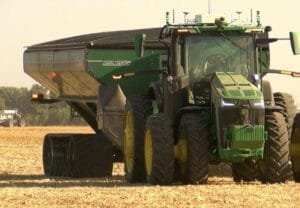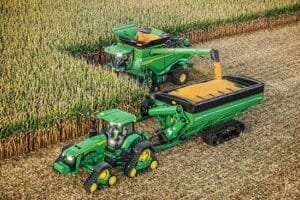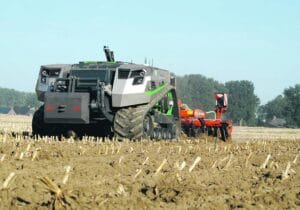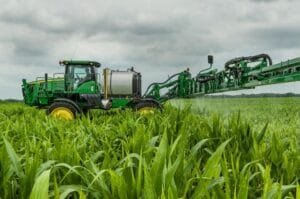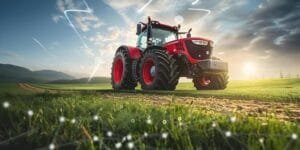The integration of electric vehicles (EVs) into modern agriculture marks a significant shift in traditional farming practices. As the agricultural sector faces mounting pressure to reduce its environmental footprint while maintaining productivity,electric-powered machinery and autonomous systems are emerging as viable alternatives to conventional farming equipment. From battery-powered tractors to automated harvesting vehicles, these technological innovations are reshaping how farmers approach their daily operations, promising both environmental benefits and operational efficiencies in an industry that has historically relied on fossil fuels. Electric vehicles are revolutionizing traditional farming practices, bringing unprecedented efficiency and sustainability to agricultural operations. Farmers worldwide are embracing battery-powered tractors, autonomous harvesters, and smart monitoring systems that seamlessly integrate with their existing equipment. These innovations not only reduce operational costs but also minimize environmental impact while maximizing crop yields.
Modern agricultural EVs come equipped with precision farming capabilities, utilizing GPS technology and smart sensors to optimize field operations. These advanced systems enable farmers to plant, irrigate, and harvest with pinpoint accuracy, reducing waste and improving resource allocation. The quiet operation of electric machinery also creates less disturbance for livestock and enables extended working hours without noise complaints from neighboring properties.
Battery technology improvements have addressed initial concerns about range and power. Today’s electric farm vehicles can operate for extended periods, with some models featuring quick-charge capabilities or battery swap systems to ensure continuous operation during critical harvest periods. Solar charging stations installed on farm buildings provide lasting power sources,creating a self-sufficient energy ecosystem.
The integration of autonomous features in agricultural EVs has introduced new possibilities for labor management. Self-driving tractors can work around the clock, following pre-programmed routes while monitoring soil conditions and crop health. This automation reduces human error and allows farmers to focus on strategic planning and farm management rather than repetitive tasks.
Data collection and analysis capabilities built into electric farming equipment provide valuable insights for decision-making. Sensors monitor everything from soil moisture levels to plant health, creating detailed maps that help optimize fertilizer application and irrigation schedules. This precision approach leads to reduced input costs and improved crop quality.
Financial incentives and government support programs are making the transition to electric agricultural vehicles more attractive. Tax credits, grants, and subsidies help offset initial investment costs, while reduced maintenance and fuel expenses contribute to long-term savings. The elimination of fossil fuel dependency also protects farmers from fuel price volatility.
Environmental benefits extend beyond emissions reduction. Electric farm vehicles produce zero local emissions, improving air quality for workers and nearby communities. Their lighter weight compared to traditional equipment helps reduce soil compaction,preserving soil health and structure for future growing seasons.
Manufacturers are expanding their electric agricultural vehicle offerings, developing specialized equipment for different farming applications. From compact utility vehicles for small-scale operations to heavy-duty tractors for large commercial farms, the market is evolving to meet diverse agricultural needs.
The integration of electric vehicles in agriculture represents a significant step toward sustainable farming practices. As technology continues to advance and costs decrease,more farmers are likely to embrace this transformation,leading to a more efficient and environmentally conscious agricultural sector.

